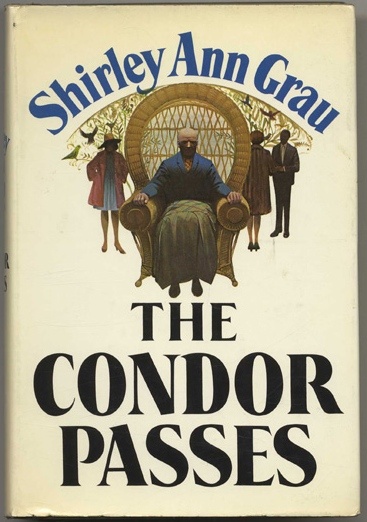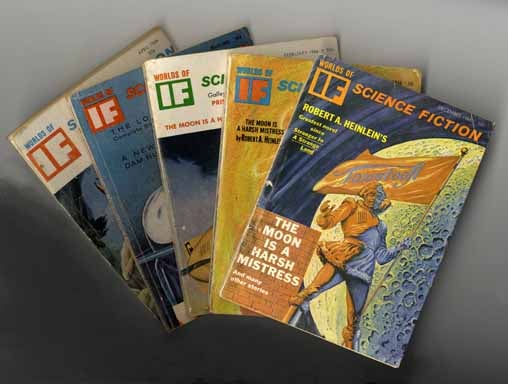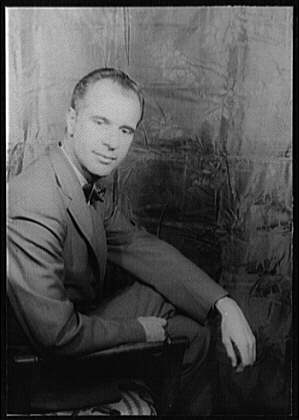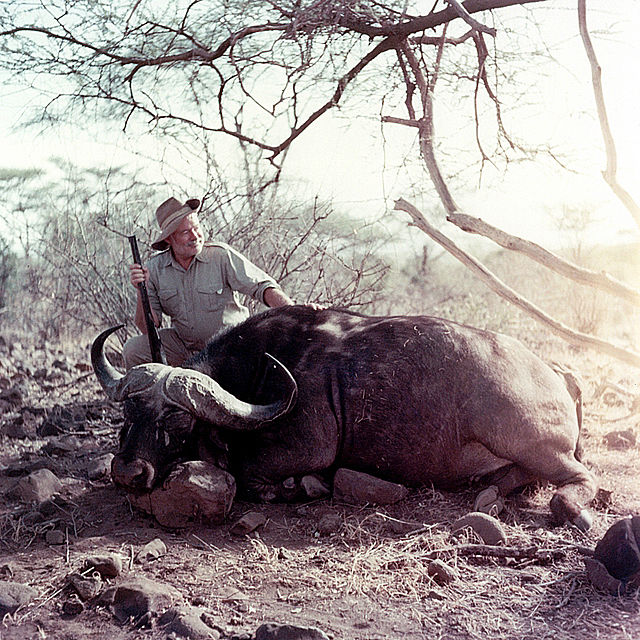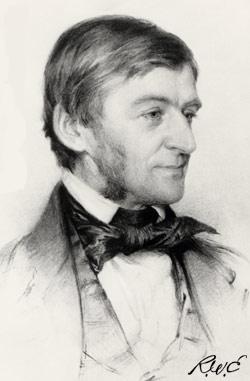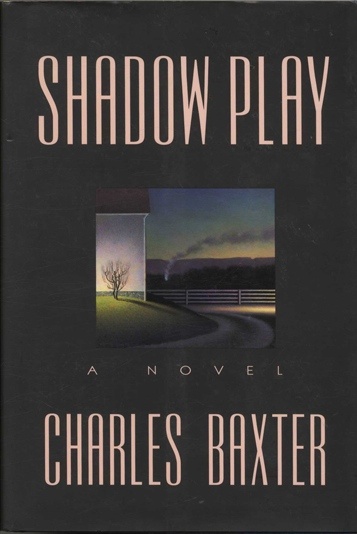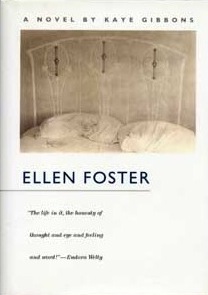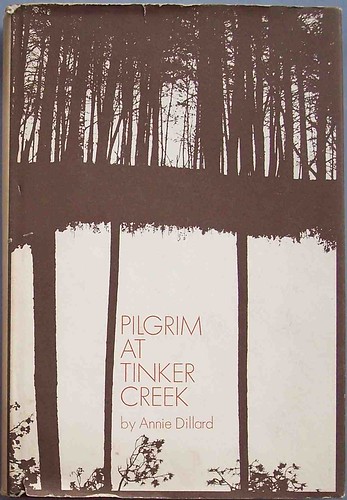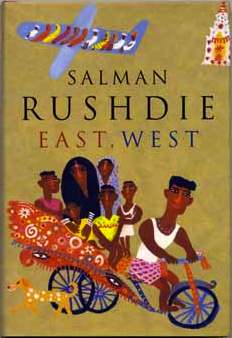The setting of a novel or a short story often goes a long way in securing its readership. And the act of describing setting is an art form. Include too much detail and readers are, at best, overwhelmed and, at worst, bored. Include too little detail and readers are lost and confused. Finding the sweet spot when it comes to describing place and setting sets a good writer apart from a great one. Shirley Ann Grau is one of the greats.
us toll free: 1-800-948-5563 international: +1 (843) 849-0283 UK: +44 (0) 1334 260018




